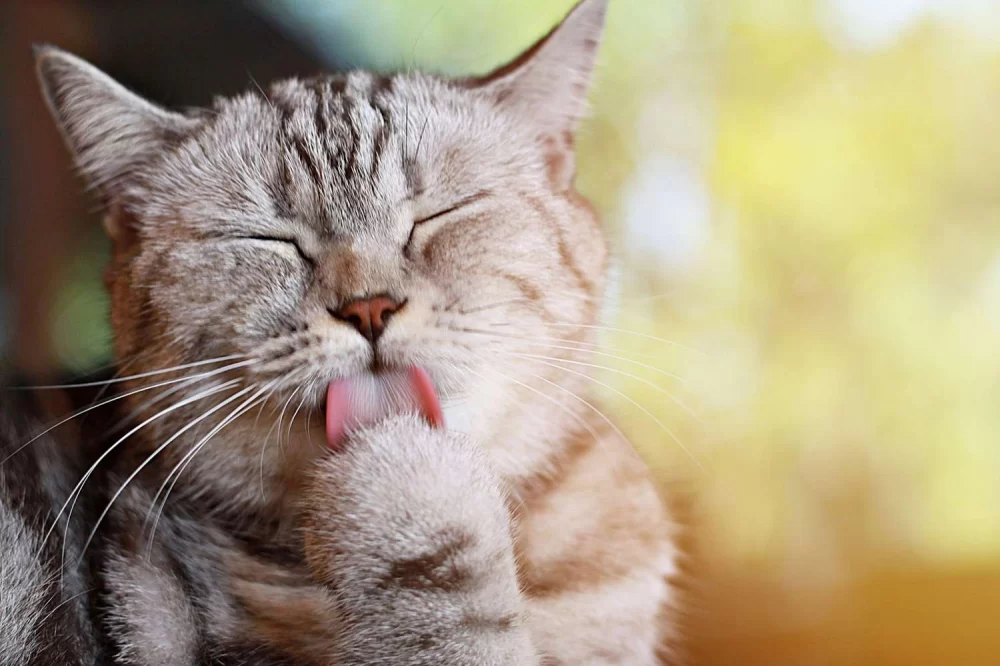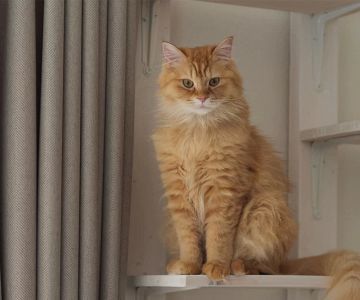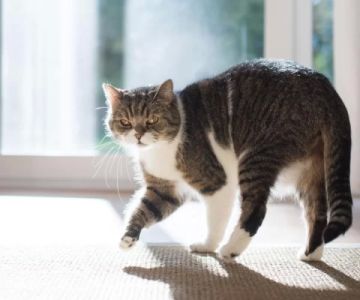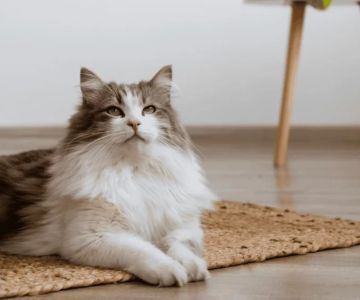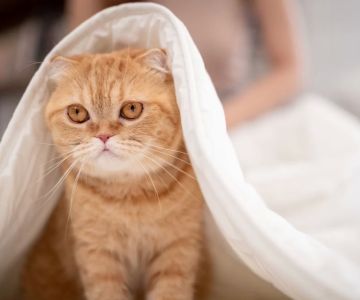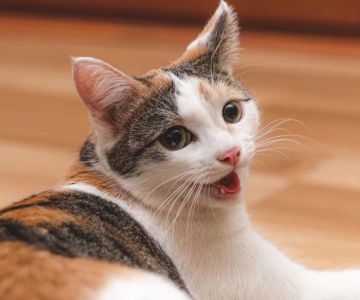Understanding Excessive Paw Licking in Cats
If you’ve ever noticed your cat licking its paws constantly, you’re not alone. As a cat owner, it’s natural to wonder whether this is normal behavior or if there’s something wrong. Cats are known for their grooming habits, but when they lick their paws excessively, it can be a sign of underlying issues. In this article, I’ll share my experience and dive into why cats lick their paws excessively, what it could mean for their health, and how you can help manage it.
What Is Normal Grooming Behavior for Cats?
To understand when paw licking becomes excessive, we first need to look at normal cat grooming behavior. Cats are fastidious groomers, spending a significant amount of their day licking their fur, paws, and faces. This grooming routine helps them maintain clean fur and skin, and it also provides comfort and relaxation. Typically, it’s not uncommon for cats to lick their paws and clean them after meals, or when they wake up from a nap.
However, if your cat seems to be obsessively licking their paws, it’s important to consider other factors. Normally, a few licks here and there are perfectly fine, but if you notice your cat doing this consistently or for extended periods, it may be time to investigate further.
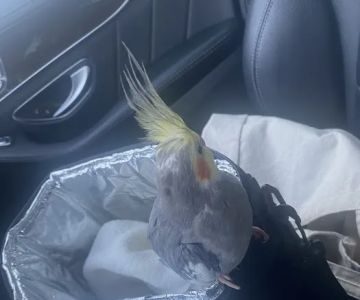
125 Paterson Ave # 1, Little Falls Township, NJ 07424, USA
See DetailsCommon Causes of Excessive Paw Licking
As someone who has had multiple cats, I can tell you that excessive paw licking can be triggered by a variety of reasons. Here are the most common causes:
1. Allergies
One of the leading causes of excessive paw licking in cats is allergies. Cats can be allergic to a variety of things, including food, pollen, dust mites, and even certain fabrics. If your cat is licking its paws a lot, it could be a sign that they are experiencing discomfort from an allergic reaction. The paws are a common area where they lick to alleviate itching and irritation caused by allergens. If you suspect allergies, a visit to your vet can help determine the cause and provide treatment options.
2. Fleas and Other Parasites
Another common culprit for excessive paw licking is fleas. Flea infestations can cause intense itching, and your cat may lick or bite its paws in an attempt to relieve the discomfort. In addition to fleas, other parasites like mites or ticks could be irritating your cat’s skin. If you notice your cat constantly scratching or licking its paws, checking for fleas or consulting a vet for an inspection is a good idea.
3. Injury or Pain
If your cat suddenly starts licking one paw more than others, it could be due to an injury. Cats are known to lick wounds as a way to clean and soothe them. If the paw is injured, inflamed, or painful, your cat may excessively lick the area in an attempt to comfort itself. Look for signs of swelling, cuts, or foreign objects stuck in the paw that might require veterinary attention.
4. Anxiety and Stress
Sometimes, excessive paw licking can be a sign of emotional distress. Just like people bite their nails or fidget when they’re nervous, cats may lick their paws excessively as a coping mechanism for stress. Changes in the environment, such as a move to a new home, the arrival of a new pet, or a shift in routine, can trigger this behavior. If your cat has recently gone through a stressful event, it’s worth considering whether anxiety could be the cause.
5. Skin Conditions and Infections
Excessive paw licking can also be a sign of skin conditions or infections. Fungal infections, bacterial infections, or even yeast overgrowth can cause itching and irritation on the paws. If your cat’s licking is accompanied by redness, swelling, or an unpleasant odor, a visit to the vet is necessary to diagnose the problem and start appropriate treatment.
How to Manage and Prevent Excessive Paw Licking
Once you’ve identified the cause of your cat’s excessive paw licking, it’s time to take steps to address the issue. Here are some strategies I’ve used to help my cats and keep them comfortable:
1. Consult a Veterinarian
When in doubt, always consult a veterinarian. They can examine your cat and help diagnose the underlying issue. Whether it’s an allergy, parasite, injury, or skin condition, the vet can prescribe medication, treatment, or suggest lifestyle changes to help alleviate the problem.
2. Address Allergies and Parasites
If allergies are the cause, your vet may recommend an allergy test or suggest an allergy-friendly diet. For parasites like fleas, there are many topical treatments and medications available to eliminate the pests. Keeping your cat on a regular flea and parasite prevention schedule is important to avoid future infestations.
3. Provide a Calm Environment
If stress or anxiety is at play, creating a calm and safe environment for your cat is essential. Consider setting up a quiet space where your cat can retreat when feeling overwhelmed. Providing plenty of toys, interactive playtime, and attention can also help reduce anxiety. In some cases, your vet might recommend behavioral therapy or medication for severe anxiety.
4. Maintain Proper Hygiene
Regular grooming is essential to keep your cat’s skin and paws healthy. Brushing your cat’s fur not only removes loose hair but also helps prevent skin irritations that could lead to excessive licking. Additionally, checking your cat’s paws for cuts, swelling, or foreign objects on a regular basis can help catch problems early before they become serious.
Real-Life Experience with Paw Licking
Let me share a story with you. I once had a cat named Whiskers, who started licking his paws excessively. At first, I thought it was just normal grooming, but after a few weeks, his licking seemed more intense. His paws began to look irritated and red, which prompted me to take him to the vet. It turned out that he had a flea infestation! I had no idea that a small flea problem could cause such a reaction. After treating him with flea medication, his licking stopped, and his paws healed. This experience reminded me how important it is to pay attention to changes in behavior, no matter how small they seem.
Remember, every cat is different. What works for one might not work for another, so it’s essential to keep a close eye on your cat’s behavior and consult your vet if needed. Whether it’s allergies, parasites, or stress, addressing the issue early can help ensure your cat stays happy and healthy.

